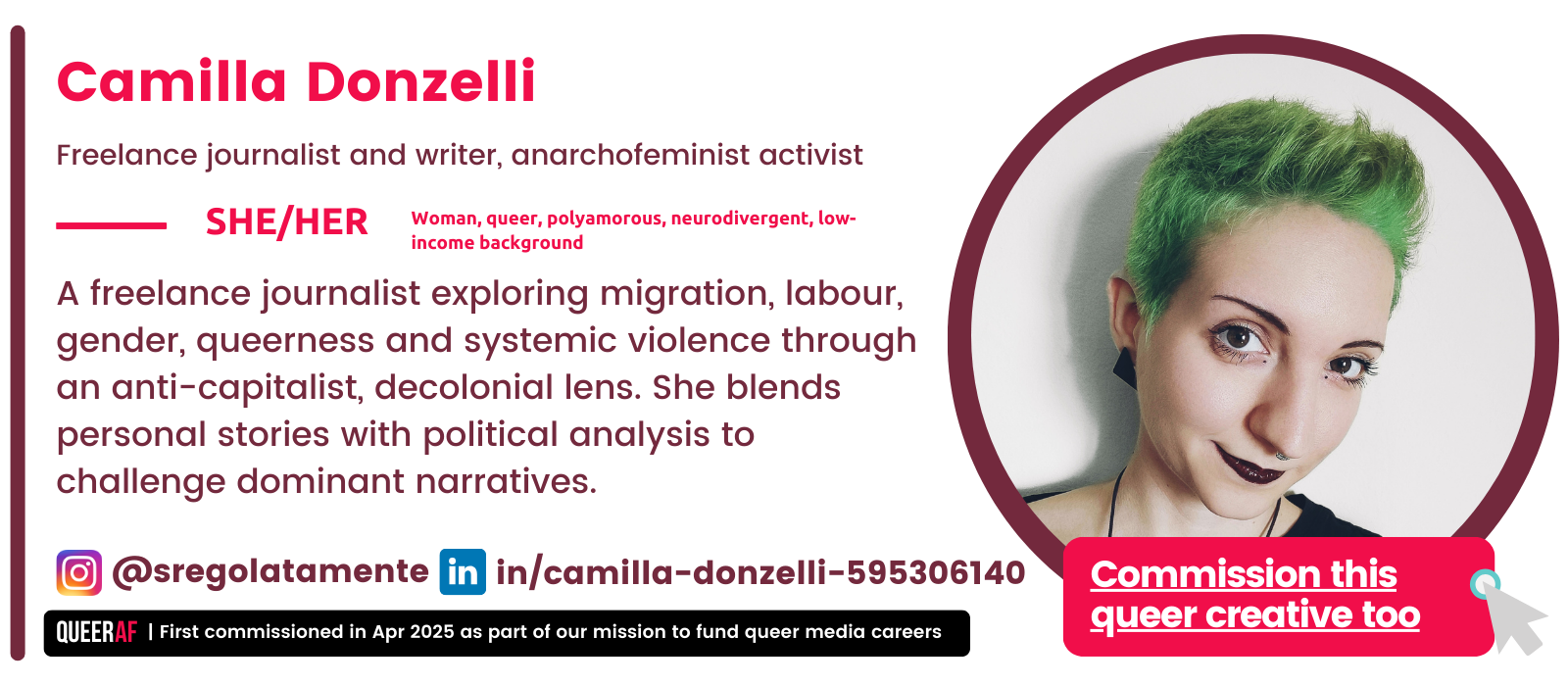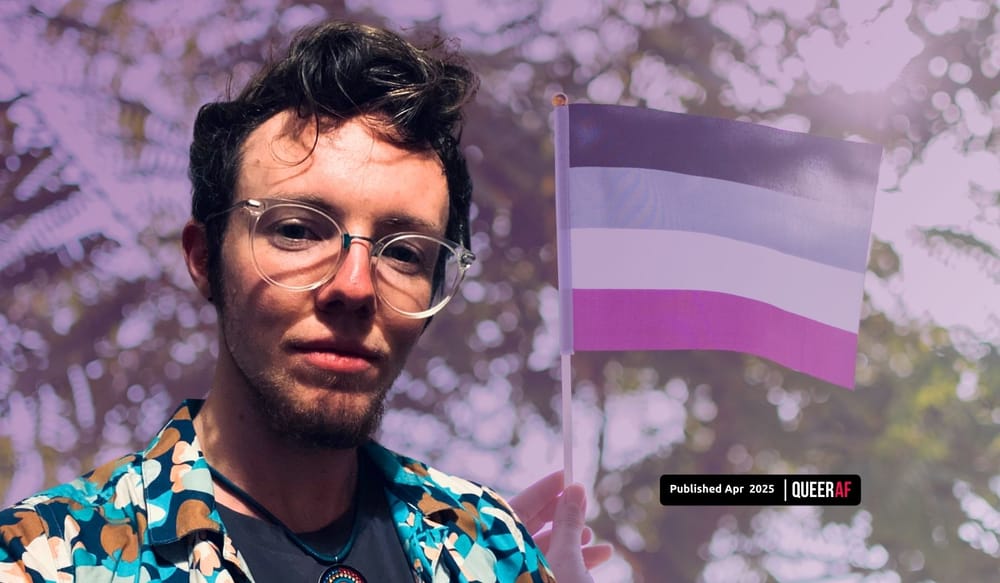
In the summer of 2024, I finally voiced what I had always known: I am not monogamous.
For years, I felt trapped in exclusive relationships. Coming out as polyamorous freed me and finally stitched together an inner conflict I had carried with me all my life.
I spent weeks preparing for the conversation I felt I needed to have with those closest to me. I was particularly anxious to tell my partner, even though we had briefly discussed the idea of an open relationship at the beginning of our time together.
Then, one August afternoon, on a half-empty beach, the words began to flow naturally between us. Seeing his calm reaction, focused on listening and understanding, my fear instantly dissolved.
I waited until I was 31 to take this step. I had always felt attraction and romantic feelings for multiple people at the same time, but whenever I tried to share this with those around me, I received the same responses: That’s not normal. Make up your mind. It just means you don’t love your partner enough. Over time, this made me feel like an anomaly in need of correction.
What I didn’t realise was that I was being subjected to one of the most common manifestations of mononormativity – the belief system that imposes monogamous coupling as the only legitimate way to experience romantic relationships.
However, feminist scholar Brigitte Vassallo argues that mononormativity cannot be analysed in isolation. Rather, it is deeply intertwined with, informed and reinforced by other forms of oppression.
Most capitalist economic structures follow what’s known as the neoliberal approach. It’s a model rooted in individualism and privatisation that commodifies basic needs and collective rights – putting a price on water, health care, and education.
The same logic is deeply reflected in mononormative thinking: relationships too become a market. One where love is a competition that must end with a single winner who is granted exclusive property rights.
Within this framework, given the enormous material and emotional investment that is required by the ‘finding the one’ couple dynamic, monogamy becomes the only option. It shapes a rigid hierarchy that relegates all other relationships to a secondary, negligible role.
In this sense, mononormativity plays a huge role in creating a deeply fragmented society. One that results in a scarcity of broad and interconnected networks of care, and leaves us more vulnerable and increasingly dependent on market-driven exchanges to compensate for this lack.
For queer people, mononormativity is often a way to gain social acceptance - to be recognised as normal and valid within a society that is structurally homophobic.
Queerness itself is already seen as something to be contained, disciplined, or at least made palatable through familiar frameworks.
Monogamy serves as one such framework: as long as it adheres to the rules of romantic exclusivity, a queer couple can be tolerated, even celebrated for mastering the norm imposed by society.
From this perspective, being poly is a radical political act. It is inextricably linked to resisting a model of intimacy shaped by fixed ideas of gender, social rules that promote dominance and control, and, ultimately, capitalism.
Rethinking how we approach relationships, whether through non-monogamy or by being more aware and conscious in choosing monogamy, is profoundly revolutionary.
It means challenging the idea that love is a limited resource, that a relationship’s value is determined only by exclusivity. That intimacy must be contained within a single, state-recognized unit.
At its core, the rejection of mononormativity is a rebellion against the systems that dictate the terms and conditions under which our relationships are considered valid.
It is a commitment not just to multiple partners but to a radically different way of relating. One that dismantles societally imposed hierarchies and prioritises new forms of love and care based on kinship and wider networks of mutual support.

We deserve good news too.
When there is so much hate out there, it's easy to get swept up in the doom.
QueerAF doesn't do that. We sprinkle in the joy that is the lifeblood of why being LGBTQIA+ is so simply wonderful.
And in the newsletter where this was first published, there was actually a bunch of positive news to celebrate. It shows me that despite the headlines knocking us down, we're getting right back up again and using our anger to fuel our fight.
While the rest of the media cashes in on hate about us, we can focus on queer joy - because you drive us. The community. QueerAF readers - not advertisers.
Our members directly fund our content. When you sign up, you get to have your say on how your funds are used. On what content we should commission.
But we turn down advertising and sponsorships in this newsletter so we can focus on delivering on content for you, not just clicks. That's why we need you to sign up to become a QueerAF member.
You'll join hundreds of awesome queer as f**k members who ensure we can keep our unique approach to queer content happen. If you want to see the media cover more stories about the joy in our lives - please, consider a membership. We can't run this newsletter without you.










